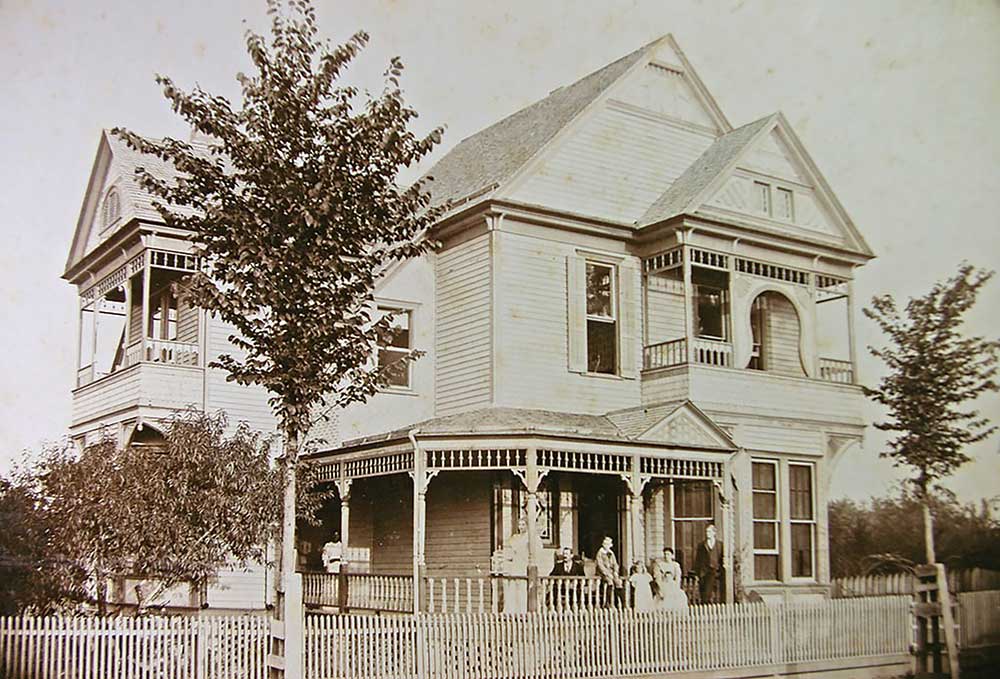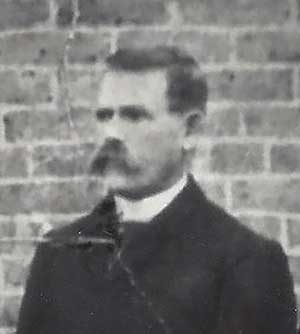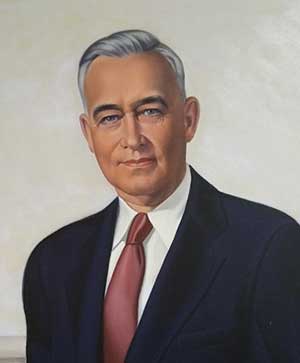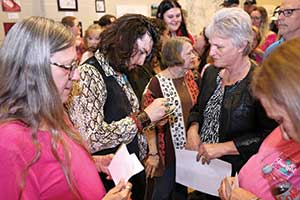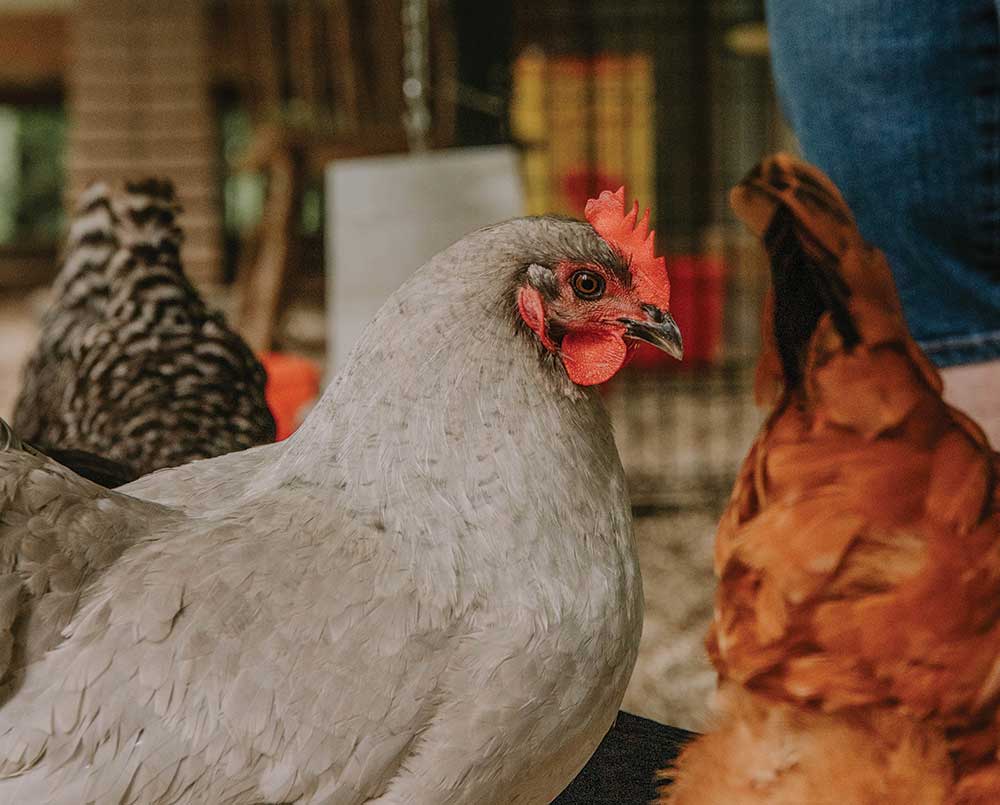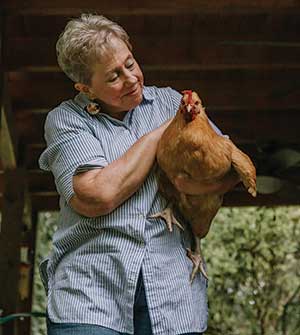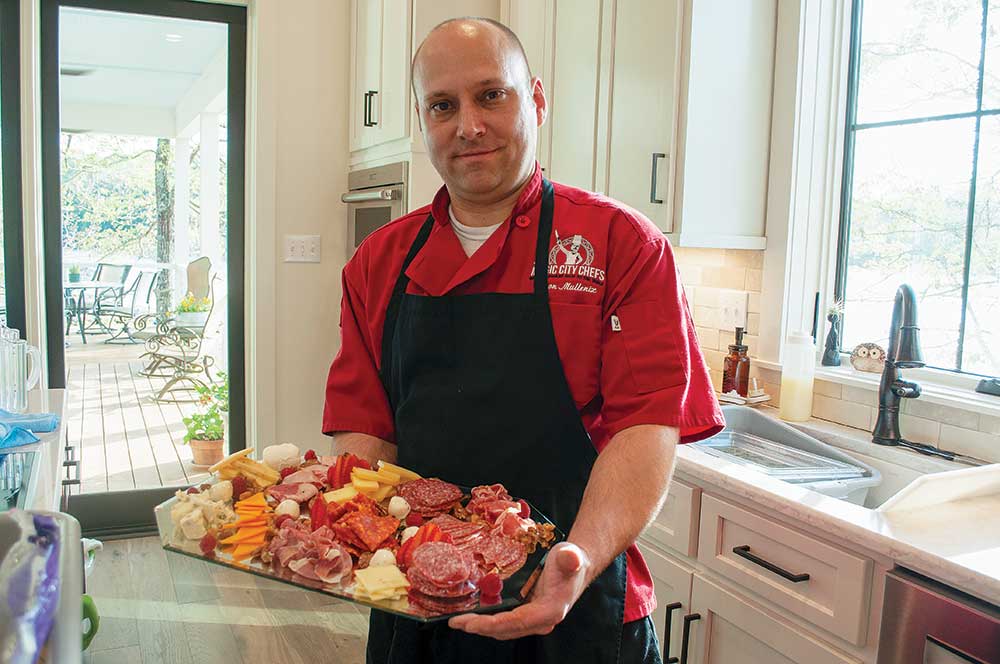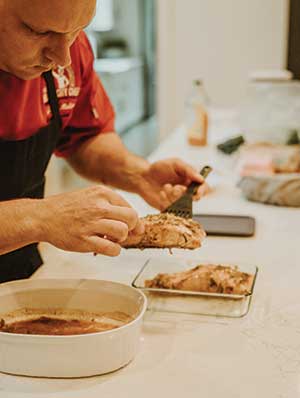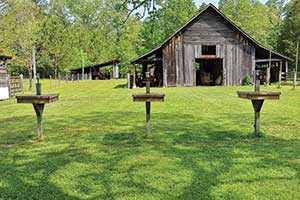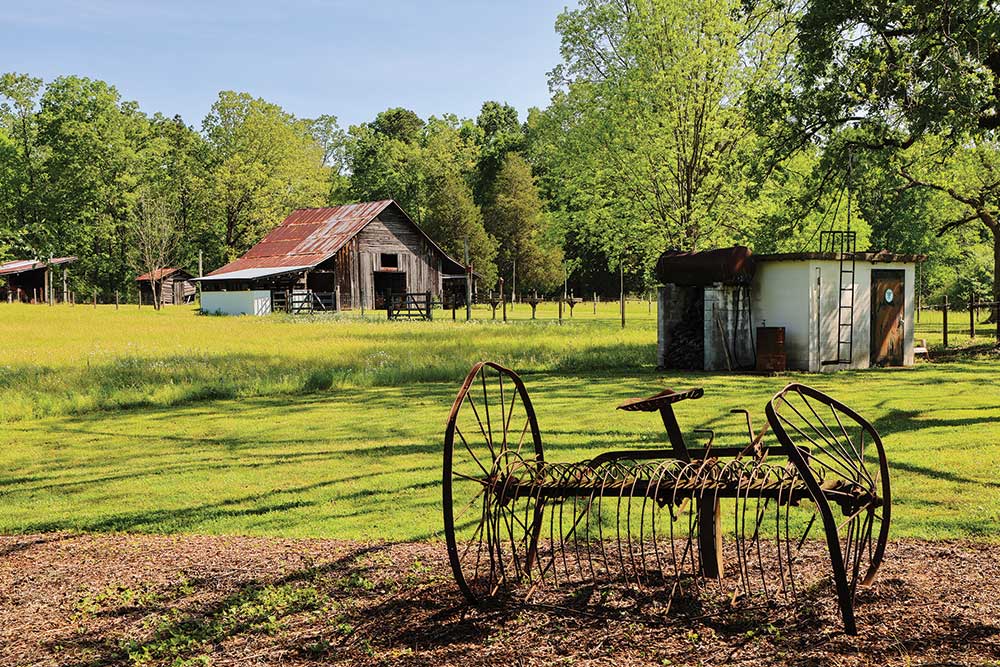Shaping the county legal system
Story by Robert Debter
Archive Photos
St. Clair County’s courthouse stands like a beacon, centering a perfectly square intersection in downtown Ashville. The structure itself has undergone many renovations since Littleton Yarbrough built it in 1844, but it remains central to the county’s legal system, making it the oldest operating courthouse in Alabama. Many of the stories created within its walls and the legal system itself were shaped by those who served as its judges.
A sampling of those earliest years gives a glimpse of how history was made and who made it:
John Ash
John Ash was born Nov. 30, 1783, to William and Jane (Fleming) Ash. The family originated in York County, S.C., and, making their way south, found themselves in Franklin County, Ga., for a time. John, his brother, James, and their families made their way to Alabama.
In January 1817, they were making their way on the Old Montevallo Road, which led through modern-day Ashville and Odenville in Beaver Valley. They camped there and spying game in the distance, John dismounted his wagon, took aim with his rifle and fired. The shot caused the horse to bolt, and Betsy, John and Margaret Ash’s daughter, was thrown from the wagon.
She lay unconscious for three days until Jan. 27, when she died at the age of 3. Not finding it in their hearts to leave Betsy alone, the family stayed with her. A log dogtrot house was constructed for John’s family and his wife’s parents, the Rev. Thomas and Ann Newton. This house, the Ash-Newton Cabin, still stands today and is the oldest structure in St. Clair County.
John would have a two-story house built not far from the Newtons and his beloved daughter.
In November 1819, Ash succeeded James Thomason as county judge and remained in that position until the next election in 1821. Ash was the first man elected to that position, as Judge Thomason had been appointed by Gov. William Wyatt Bibb.
In 1820, Ash, Joel Chandler, John Cunningham, John Massey and George Shotwell were selected by Bibb to secure a Seat of Justice for the county. The first courts had taken place at the home of Alexander Brown near present-day Ashville in Old Town, or “Cataula” in the Creek Language.
On Nov. 28, 1822, St. Clairsville, which covered 30 acres and was in the center of St. Clair County, was incorporated. In less than a month, on Dec. 12, the town was chosen by the five commissioners as the county seat.
St. Clairsville was owned by Philip Coleman, a man who possessed great business skills. He and the commissioners had a model of the town built and began dividing it into lots and selecting locations for the county courthouse and jail.
After this process, Coleman and the commissioners agreed to rename the town Ashville, to honor their friend Judge John Ash.
The courts were moved to Ashville well in advance of the construction of the first courthouse, an 1824 wooden structure that stood on the site where Ashville Rexall Drug was located and is now home to Ashville Dental Care.
The new courthouse was built in 1844 by Littleton Yarbrough, and although renovated several times, part of the original 1844 structure still stands, encased in the modern building, making it the oldest working house of justice in the state of Alabama.
On Oct. 8, 1823, Ashville was purchased by the commissioners for $10,000. Judge Ash would continue to serve his community and county as state senator from 1825-1826, then 1832-1833 and 1844-1845.
Margaret died in 1855, aged 63, and was reunited with her husband on April 1, 1872, when he departed this life at the age of 89. They are both buried at Liberty Cemetery in Odenville and had a total of 13 children together.
Their original grave markers were donated to the City of Ashville by the John Scoggins family and are on public display at Ashville City Hall.
E.J. Robinson
When Henry DeBerry resigned as probate judge in 1871, Gov. Robert B. Lindsay appointed E.J. Robinson, a young Ashville attorney, to that office. In 1874 Judge Robinson was elected to a full, four-year term, and the voters kept him in office until 1886.
Elisha James Robinson was born on Sept. 16, 1846, to George and Mary Robinson, who had come to Alabama from Newberry District, S.C., in 1849. The family first lived in Elyton, but in 1857, they purchased a farm two-and-a-half miles away from Ashville.
When he was 17 years old, Robinson entered the Confederate Army. He joined Company E, 53rd Alabama Infantry Regiment in June of 1863, and at once was in the thick of battle at Big Shanty. On Dec. 13, 1864, the discharge of a torpedo caused him to lose his right foot. He was soon discharged and returned to his studies. He read law and passed the bar examination at the age of 22. He was only 25 when he became probate judge.
Judge Robinson was married three times – first to Susan Vandegrift, then to Lena Ligon, and the third time to Laura Weatherall. Two of his sons, Harold and Memory Leake Robinson, were Birmingham lawyers.
After his service as probate judge of St. Clair County, Judge Robinson moved to East Lake and sold his beautiful Victorian home, built in the 1880s, to James P. and Clara (Inzer) Montgomery, which would remain in the Montgomery family for many years until it was transformed into a bed and breakfast inn known as “Roses and Lace.”
It is now owned by the Nicholas Lemonds Family. Judge Robinson served as mayor of East Lake for a number of years and was active in promoting public schools there. Robinson Elementary School was named for him.
He is interred with his third wife at East Lake Cemetery.
James Lewis Herring
James Lewis Herring was born in St. Clair County on Sept. 7, 1876, to James P. Herring and Elizabeth Forman. After his father’s death of brain fever in 1878 at the age of 27, Elizabeth remarried and moved from Springville to Ashville.
The young James would one day be a football player and graduate of the University of Alabama. He received his degree in law from Georgetown University.
In 1906, at the age of 29, James became the president of Ashville Savings Bank and would serve in that capacity for the remainder of his life. On Dec. 21, 1910, he married Esther Nunnally and the next year was elected probate judge. During his four-year term, Judge Herring championed for new and better roads in St. Clair County.
The Herrings moved to Gadsden in 1916 and there, the former judge would be engaged in real estate and civic activities. He was also a devout Mason.
Judge Herring passed away on Sept. 13, 1952, at his home and was interred at Forrest Cemetery. He would be reunited with his wife almost two years later, when Esther passed away at the age of 68 and was laid to rest beside him.
In 1884, Judge Herring’s uncle, Augustus B. Herring, transformed the family home in Springville into the Herring Hotel, which stood until it destroyed by a fire on Christmas Day in 1960.
Curtis D. Adkins Sr.
Curtis D. Adkins Sr. was born on Jan. 24, 1897, in Moody, attended high school in Leeds and returned from his World War I service in France to become St. Clair County tax collector at the age of 23, the youngest person to ever serve in that office.
In 1928, he became St. Clair County probate judge and served as vice president and president of the Leeds State Bank for many years, as well as president of the Ashville Savings Bank. He was also a livestock dealer with large farming interests and served as post adjutant for the American Legion chapter in Ashville.
Death came suddenly and unexpectedly early in the morning on Wednesday, Feb. 22, 1956, and he was buried at Ashville City Cemetery. At the time of his death, he was director of the U.S. Savings Bond sales program for the state of Alabama.
Judge Adkins was married to the former Erin Westbrook, and their children were Joe, Curtis Jr., and Carolyn (Adkins) Spann. His grandson is the noted television meteorologist and author, James Spann.
Adkins’ portrait was donated by the Joe Adkins Family to the Ashville Museum & Archives. It was painted by Floyd Stewart, Bessemer, a painter and St. Clair native. l











